Scientists grow a near life-like mouse embryo
By Reuters
30 March 2017 |
1:00 pm
Scientists use stem cells to grow a near life-like mouse embryo in a lab in Cambridge, a breakthrough with implications for research into the early stages of human pregnancy.
In this article
Related
Related
13 Apr
Volkswagen will expand its production and research facilities in Anhui province as the German automaker looks to reclaim its title as China's top-selling car brand.
14 Apr
TikTok is seemingly developing a photo-sharing app like Instagram.
17 Apr
With Nigeria’s key lending rate at 24.75 per cent, developers in Nigeria’s real estate sector say the rate is fast impacting the growth of the industry. How are developers adapting to market shifts and new opportunities amid these challenges? Ayoolanrewaju Kuyebi, the MD and CEO GMH Luxury joins CNBC Africa for this discussion.
17 Apr
In Nigeria, a pharmacist's club create awareness about andropause. They de-stigmatizes andropause and advocates regularly healthy checks.
2 days ago
Australian scientists say the Great Barrier Reef – the world's largest coral reef, stretching over 2,300 kilometres along the country's northeastern coast – is undergoing its seventh "mass bleaching" event since 1998. This comes after they conducted aerial surveys of more than 300 shallow reef. Faced with climate change, coral reefs are the most vulnerable ecosystems in the world. But various techniques are being experimented to restore them
1 hour ago
The world of work is undergoing a rapid transformation, constantly reshaping how we think about work, careers, and success. The rise of remote work, the increasing importance of skills over degrees and of course, the impact of artificial intelligence and automation has all led to what we now call the new work era.
Latest
1 hour ago
Guardian Woman Festival: Woman Revolution - Transforming Economic Sector
1 hour ago
Austrian police have arrested two young couples from Bavaria after they visited the birthplace of Adolf Hitler. Officers took action when they saw a woman in the group performing a Nazi salute.
5 hours ago
South Africa is edging closer to a major healthcare overhaul with a bill that aims to provide universal coverage, but concerns are mounting over whether the struggling public system is ready to implement such an ambitious plan, healthcare workers, patients and business groups say.
5 hours ago
A museum in Nigeria is attracting visitors with decoration and works of art made from upcycled materials. The museum wants to encourage recycling to protect the environment and teach young people how to live more sustainably.
1 day ago
The British Parliament is once again voting on a plan to send asylum seekers to Rwanda. Prime Minister Rishi Sunak has said the flights will go ahead "come what may."
1 day ago
World Athletics has broken ranks with other sports federations in opting to pay athletes bonuses for medals at the 2024 Paris Olympics. Some deem this a breach of the Olympic spirit, while others think it’s long overdue.
×

Get the latest news delivered straight to your inbox every day of the week. Stay informed with the Guardian’s leading coverage of Nigerian and world news, business, technology and sports.


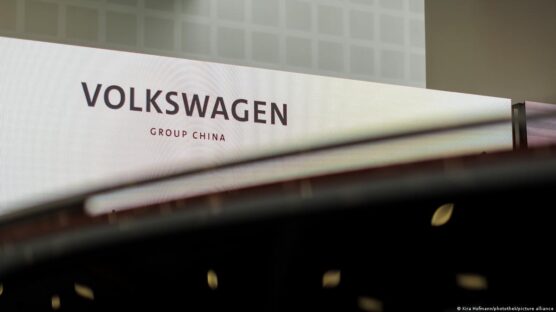

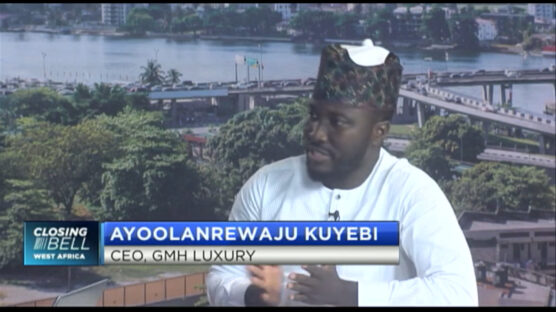
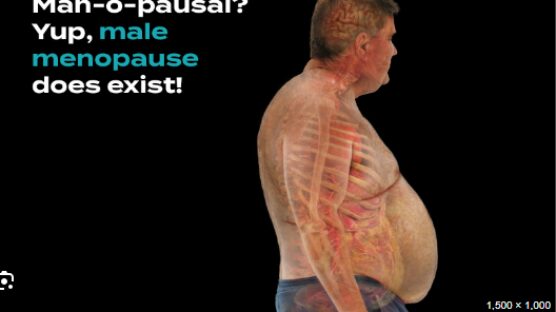
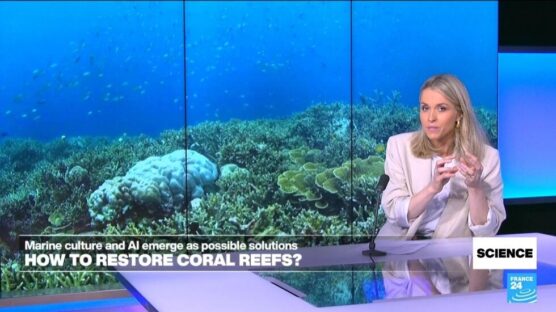
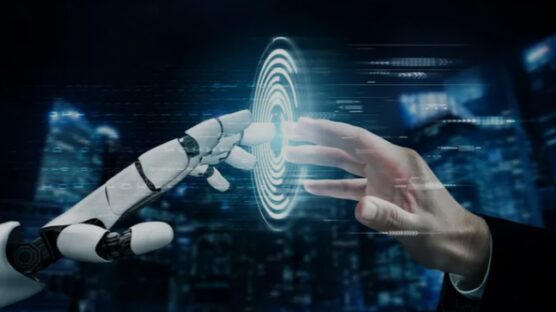





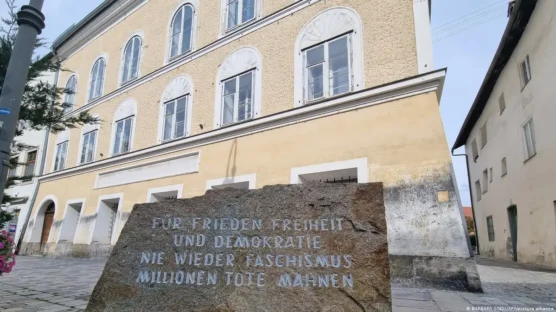
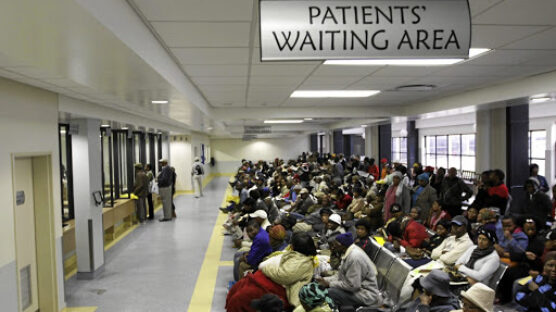
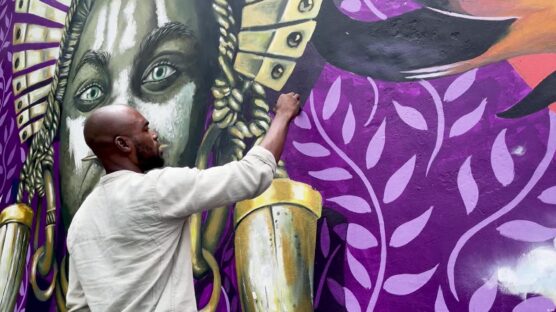

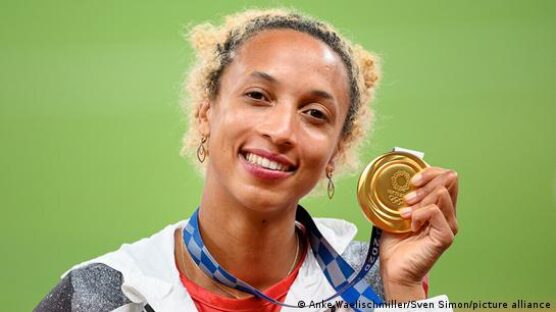
0 Comments
We will review and take appropriate action.